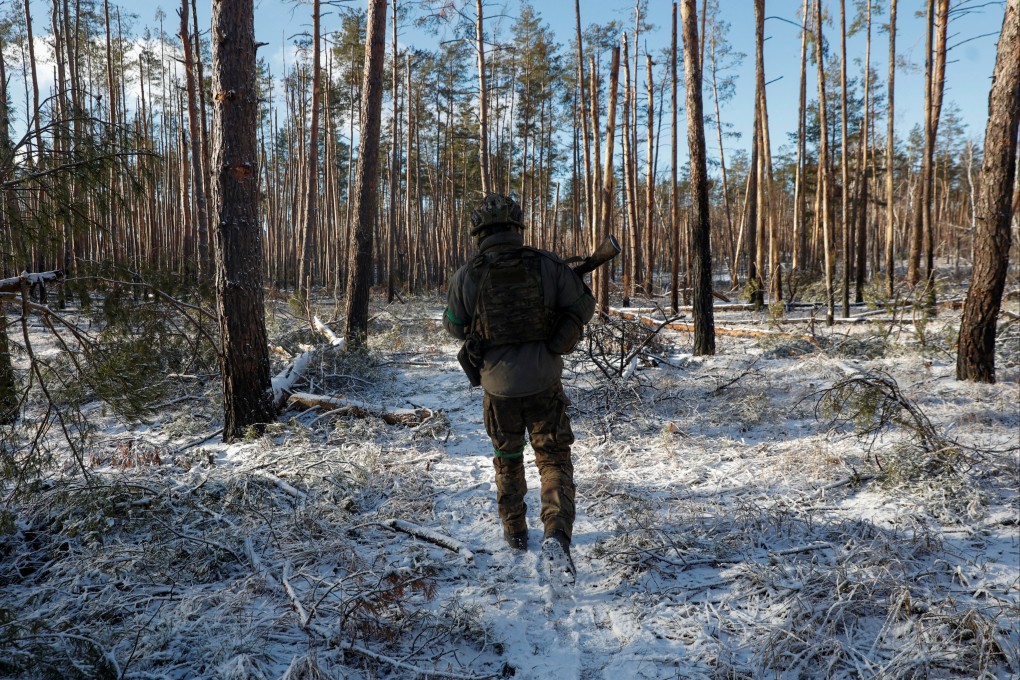Advertisement
Opinion | Ukraine, Gaza wars reveal how, for the West, it’s a jungle out there
- The idea of a Western garden under threat from the unruly jungles of the rest of the world is at the heart of today’s global rifts
- The Ukraine conflict basically pushed Russia out of the Western garden, just as the Gaza conflict revealed that Israel, as a Western outpost, can commit atrocities with impunity
Reading Time:4 minutes
Why you can trust SCMP
22

Travelling in the deep jungles of Danum Valley in Sabah last month, I had little access to the internet and more time to reflect on why we are in a permacrisis.
In 2022, EU foreign policy chief Josep Borrell controversially described Europe as “a garden” where “everything works” in “the best combination of political freedom, economic prosperity and social cohesion” – unlike most of the rest of the world, which he likened to “a jungle” that “could invade the garden”.
“The gardeners,” he added, “have to go to the jungle. Europeans have to be much more engaged with the rest of the world.”
Advertisement
Last year, US National Security Adviser Jake Sullivan used “small yard and high fence” when talking about protecting critical US technologies from China. The idea of a Western garden under threat from the unruly jungles of the rest of the world is at the heart of today’s global rifts.
The beating of war drums at the borders of the West and the Rest not only draws a line between Western civilisation and the perceived barbarism of the Rest, it also shows the West’s emphasis on science and rationality as a cover for its raw emotions over its identity and power insecurities.
Advertisement
Nowhere is this more evident than in the Ukraine and Gaza wars. The West explains both conflicts in terms of standing on principle – the enemy struck the first blow and is therefore the bully – ignoring history and context. The Ukraine conflict basically pushed Russia out of the Western garden, just as the Gaza conflict revealed that Israel, as a Western outpost, can commit what much of the world sees as genocide on Palestinians with impunity.
Advertisement
Select Voice
Select Speed
1.00x
